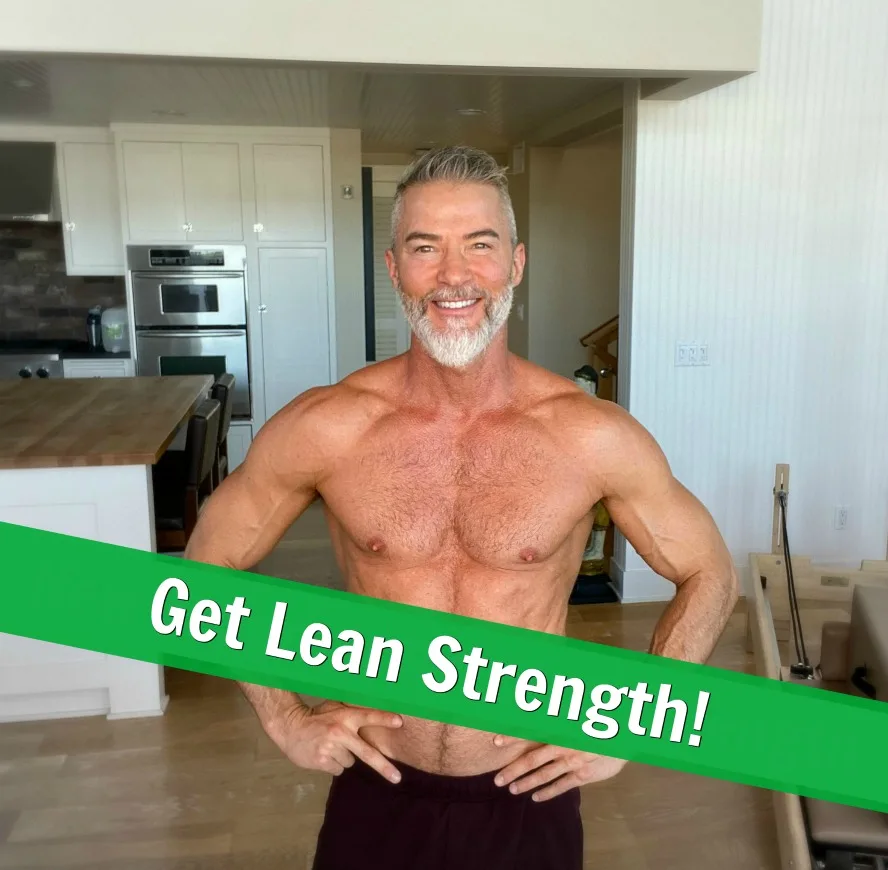Sometimes, we make personal growth more complicated than it needs to be. The following tips help your life flow more effortlessly. You will experience more meaning and increase the moments of joy and fulfillment you feel each week. These are the four ways to enjoy wild success – and to become a better person in the process.
And, yes, these methods actually work.
1. Victim No More
Who knows why we get in our own way?
- Maybe we were unconsciously influenced by our early childhood caretakers.
- Maybe we absorbed some unfortunate habits from our modern culture.
Does it really matter why?
What matters most is that we choose to stop sabotaging our own happiness.
The best way to do that is to take personal responsibility for everything happening to you as an adult.
Everything.
When spending time with other people, I encourage you never again to play the martyr.
Never. Again.
Martyring is an unconscious way to control others by reflexively ramping up your suffering for dramatic effect.
The secret pay-off to martyring is that it temporarily dispels anxiety and provides a distraction – keeping you from having to look honestly at yourself. That way, your ego can keep running the show, and the rest of your psyche doesn’t have to grow or change.
It’s weak sauce.
And you weren’t born to be weak, you were born to be magnificent. So cut it out.
2. Wild Success Means Saying Goodbye to Micromanaging
Unless you’re an employer dealing with an actual employee, you shouldn’t be bossing other adults around:
- Why are you lasering-in on other people’s choices and circumstances?
- Wouldn’t that focus be better spent on yourself?
It’s a good idea never to insinuate yourself into other people’s situations – unless, that is, someone specifically and directly asks you for advice. (And let’s face it, how often does that happen? Rarely.)
Keep your own side of the street clean, okay?

3. A Better Person Stops Making It All About Themselves
Do you feel frustrated, bored, or anxious when you’re in a room with other people, and it goes more than five minutes without being about you?
Okay, that’s valid.
But please resist the temptation to pull focus.
The solution is to start experimenting with healthier ways to metabolize anxiety without sucking all the oxygen out of the room or stealing the stage.
What are those solutions specifically?
Each person has to find their own.
Maybe it’s a gratitude journal; maybe it’s lifting weights. Maybe it’s improving your diet; maybe it’s talk therapy. Maybe it’s dancing naked in your living room every morning from 5:00 to 5:20 am. Maybe it’s all of those things and more.
I don’t know. I’m not you.
But solutions are out there, and you’re smart and creative enough to find them.
4. To Have Wild Success, Listen More Than You Talk
Look, I get it. Talking, for many people, is a form of affection. That’s cool.
But if you want to become a wise, centered, and soulful person, at some point, you will have to develop the skill of active listening.
It’s not as difficult as you might think.
In fact, the more you practice it, the easier it gets.
Until finally, it’s a relief.
Instead of thinking about what you’ll say next, you simply listen.
Stay present.
Listen.
It won’t just be healing for other people; it will be healing for you, too.
Eventually, over time, the other people in the room will see that you’re a wise and soulful listener, and they’ll develop a curiosity about your thoughts, feelings, and experiences.
And, in time, they will ask you specific questions about yourself.
If they never get around to being deeply curious about you, then why the heck are you hanging around with narcissists? (See #1 above.)
When you leave a room or conversation, ask yourself, “Did I listen more than I talked?”
Be honest with yourself. If the answer is that you talked more than you listened, there’s no need to be ashamed.
Don’t be proud of it, either.
Simply resolve, next time, to listen more than you talk. And follow through with it.

The Truth About Having Wild Success and Becoming a Better Person
People will say that they’ve changed.
But most people don’t change. Not really.
To authentically become a better person, you must go upstream and identify the secret pay-offs for behaving in ways that keep you from being happier.
Then, you have to experiment with finding new thoughts, beliefs, and behaviors that move you toward better feelings.
That’s basically what personal growth is – a continuous process of finding healthier ways of dealing with anxiety.
It’s not as arduous as it sounds.
In fact, the more success you have with it, the more fun it becomes.
Conclusion: “How Can I Be a Better Person?”
Personal growth is a continuous process, and your specific steps may vary depending on your circumstances.
However, these are the areas you’ll likely find rewarding to spend some time exploring. These are the answers to the question, “how can I be a better person?”
Self-reflection: Reflect on your thoughts, feelings, and behaviors. Develop self-awareness by examining your strengths, weaknesses, and areas for improvement. Consider keeping a journal to track your progress and gain deeper insights into yourself.
Set meaningful goals: Identify specific goals that align with your values and aspirations. Set both short-term and long-term goals that are realistic, achievable, and measurable. Working toward meaningful goals can provide a sense of purpose and fulfillment.
Practice empathy: Cultivate empathy by striving to understand the feelings of others and to imagine the reasons they might feel that way. Be present, and validate the experiences of those around you. Empathy can enhance your relationships and help you better understand different perspectives.
Develop healthy relationships: Nurture positive relationships with family, friends, and colleagues. Practice effective communication, active listening, and conflict-resolution skills. Surrounding yourself with supportive individuals can contribute to your personal growth and well-being.
Practice self-care: Prioritize activities promoting physical, mental, and emotional well-being. Engage in activities that bring you joy, reduce stress, and enhance your health. This may include exercise, relaxation techniques, hobbies, or spending time in nature.
Cultivate resilience: Resilience refers to your willingness and ability to adapt and recover when faced with hardships. Life can present challenges, setbacks, and disappointments. Developing resilience can help you navigate through difficult times. Foster a growth mindset, learn from failures, and develop coping strategies to bounce back stronger.
You might wonder, "why was I born into what I was born into?" To that, Abraham-Hicks might respond, "for the desire-producing value in it." Unenjoyable experiences provide us with contrast. They help us hone-in on what we would enjoy. In this sense, challenging early-life experiences don't have to be hardening lessons. Instead, they can be leveraged. They can provide us with laser-like focus on what we actually want.
Seek personal growth opportunities: Continuously seek opportunities for learning and personal development. Engage in activities that expand your knowledge, skills, and experiences. This could involve reading books, attending workshops, taking up new hobbies, or pursuing further education.
Practice gratitude: Create a feeling of gratitude within your mind and body. How? By regularly acknowledging and appreciating the positive aspects of your life. This can help shift your focus toward the good, increase your overall well-being, and enhance your relationships.
Be mindful: Practice mindfulness by being fully present in the current moment. This involves observing your thoughts, feelings, and sensations without judgment. Mindfulness can help reduce stress, improve self-awareness, and enhance your overall sense of well-being.
Seek professional help if needed: If you’re struggling with specific issues or find it challenging to make positive changes, consider seeking support from a qualified mental health professional. They can provide guidance, offer tools and strategies, and assist you on your growth journey.
Remember, personal growth is a lifelong process, and being patient and compassionate with yourself along the way is essential. Celebrate your successes, learn from your setbacks, and strive for self-improvement.
No matter how you define success personally – whether it be vibrant health, financial freedom, having the respect of your peers and family, or having an abundance of loving relationships – you will possess more of that success when you follow these methods for becoming a better person.
